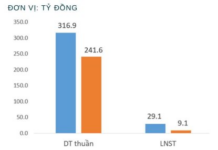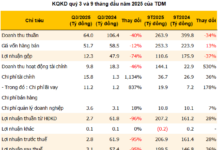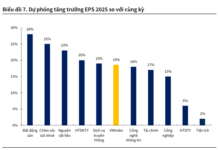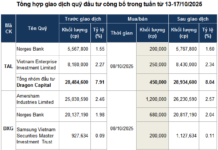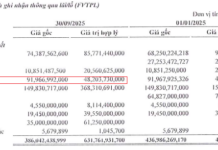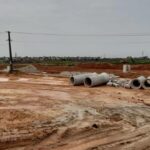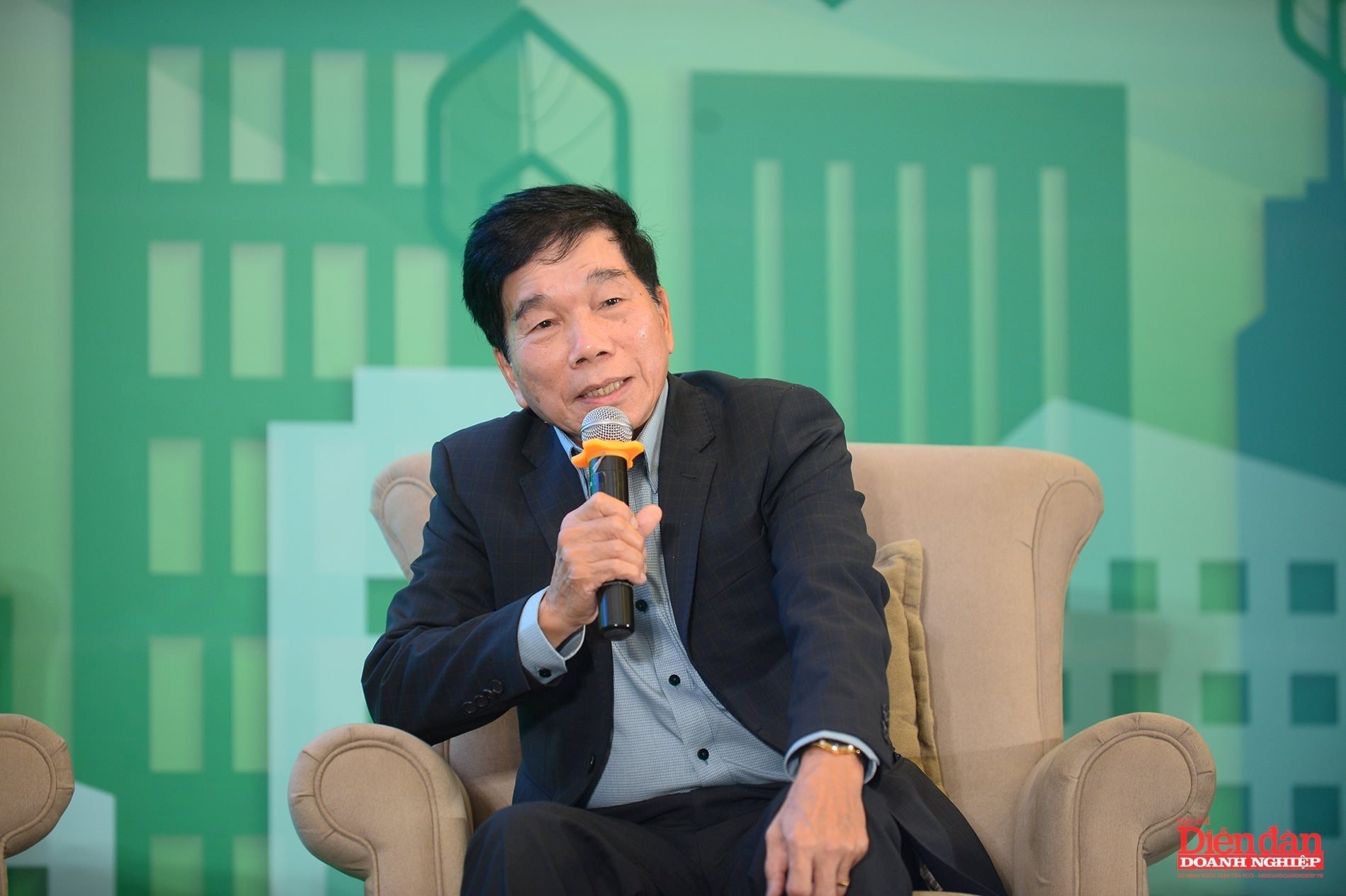
Mr. Nguyen Quoc Hiep, Chairman of GP. Invest and the Vietnam Construction Contractors Association.
According to Mr. Nguyen Quoc Hiep, one significant issue is that real estate prices in Vietnam are higher compared to the region. One of the main reasons for this is the current land valuation method. High land valuations are creating a vicious cycle between housing and land prices, leading to increased property prices.
To ensure the sustainable development of the real estate market, Mr. Hiep believes that it is essential to address the issues related to both the sellers and buyers. However, if there are sellers with inventory but no buyers, the market cannot thrive sustainably.
Echoing previous opinions, Mr. Hiep suggests that investors need to calculate and balance their selling prices. He also recommends that authorities adjust market prices through tax policies. To achieve this, the Vietnam Construction Contractors Association has proposed that the Ministry of Natural Resources and Environment establish a land valuation process, which is the second bottleneck that needs to be addressed.
“In reality, some projects are stalled due to this very bottleneck. There are completed construction projects that cannot be valued or sold. In some areas, land prices have even doubled within six months,” Mr. Hiep pointed out.
Mr. Hiep also attributes the rapid increase in apartment prices to the land price structure. This is a challenge that requires attention and resolution from the state management agency to promote the market from the perspective of homebuyers. This will help regulate housing prices, of which land cost accounts for 40% of the total cost.
Therefore, for the sustainable development of the real estate market, it is crucial to consider both supply and demand, buyers and sellers. By fostering the sustainable growth of the real estate market, the economy will also benefit from enhanced stability.
Additionally, Mr. Hiep emphasizes that one crucial factor for real estate businesses to consider is enhancing product quality to meet the increasingly sophisticated demands of consumers.
Previously, buying a house was simply about finding a place to live. However, today’s buyers expect more. Modern customers seek projects with comprehensive technical and social infrastructure. An ideal urban area should offer schools, supermarkets, sports facilities, parks, and other amenities that cater to the residents’ needs.
This raises the bar for investors in terms of infrastructure investment and development, increasing not only the investment costs but also the demand for constantly improving product quality.
Moreover, the competition among real estate businesses is no longer solely about pricing. Instead, product quality has emerged as a central focus.
By enhancing amenities and raising product standards, businesses can not only maintain their competitiveness but also contribute to elevating the overall real estate market. This positive trend signifies the industry’s maturity and is a welcome development for the domestic real estate market.
The Chairman of GP. Invest recognizes that competing based on product quality, rather than just price, enables businesses to build a more robust brand reputation and better meet the ever-increasing expectations of their customers. The new context presents opportunities for construction and real estate enterprises to solidify their market position and continuously enhance and perfect their offerings.
The High-Speed North-South Railway: Slashing Emissions, Delivering Billions in Climate Benefits
The high-speed North-South railway project has the potential to reduce greenhouse gas emissions by the equivalent of billions of dollars over the next two to three decades.
Green Growth: Vietnam’s Inevitable Choice for Sustainable Development
“Joining the panel discussion on ‘Green Growth – A Global Trend, Inevitable Choice’, organized by the Government Newspaper on November 28th, representatives from ministries, local governments, and businesses unanimously affirmed that green growth is an irreversible trend and the only choice for Vietnam to achieve its sustainable development goals in the future.”
The Expert’s Paradox: When Supply Increases, Prices Should Decrease, But Not in This Case.
Mr. Nguyen Van Dinh, Vice President of the Vietnam Real Estate Association, shared his insights on the country’s real estate market. He noted that it is unlikely for property prices to decrease and that there are indications of rising prices. Interestingly, he pointed out a contradiction where an improvement in supply should, in theory, lead to lower selling prices. However, in the current market, supply is increasing, but prices remain high.














